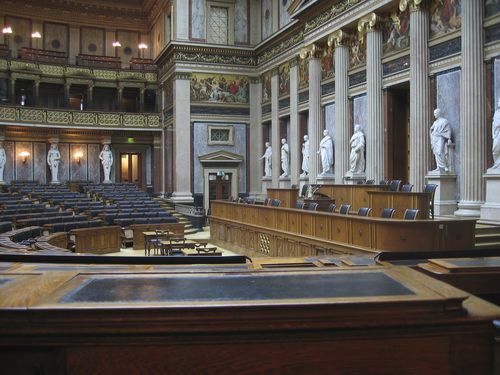The practice of lobbying provides a forum for the resolution of conflicts among often diverse and competing points of view; provides information, analysis, and opinion to legislators and government leaders to allow for informed and balanced decision making; and creates a system of check sand balances that allows for competition among interest groups, keeping any one group from attaining a permanent position of power. Lobbyists can help the legislative process work more effectively by providing lawmakers with reliable data and accurate assessments of a bill's effect.
The role lobbyists’ play in the legislative arena can be compared to that of lawyers in the judicial arena. Just as lawyers provide the trier of fact (judge or jury) with points of view on the legal issues pertaining to a case, so do lobbyists provide local, state, and federal policymakers with points of view on public policy issues.



